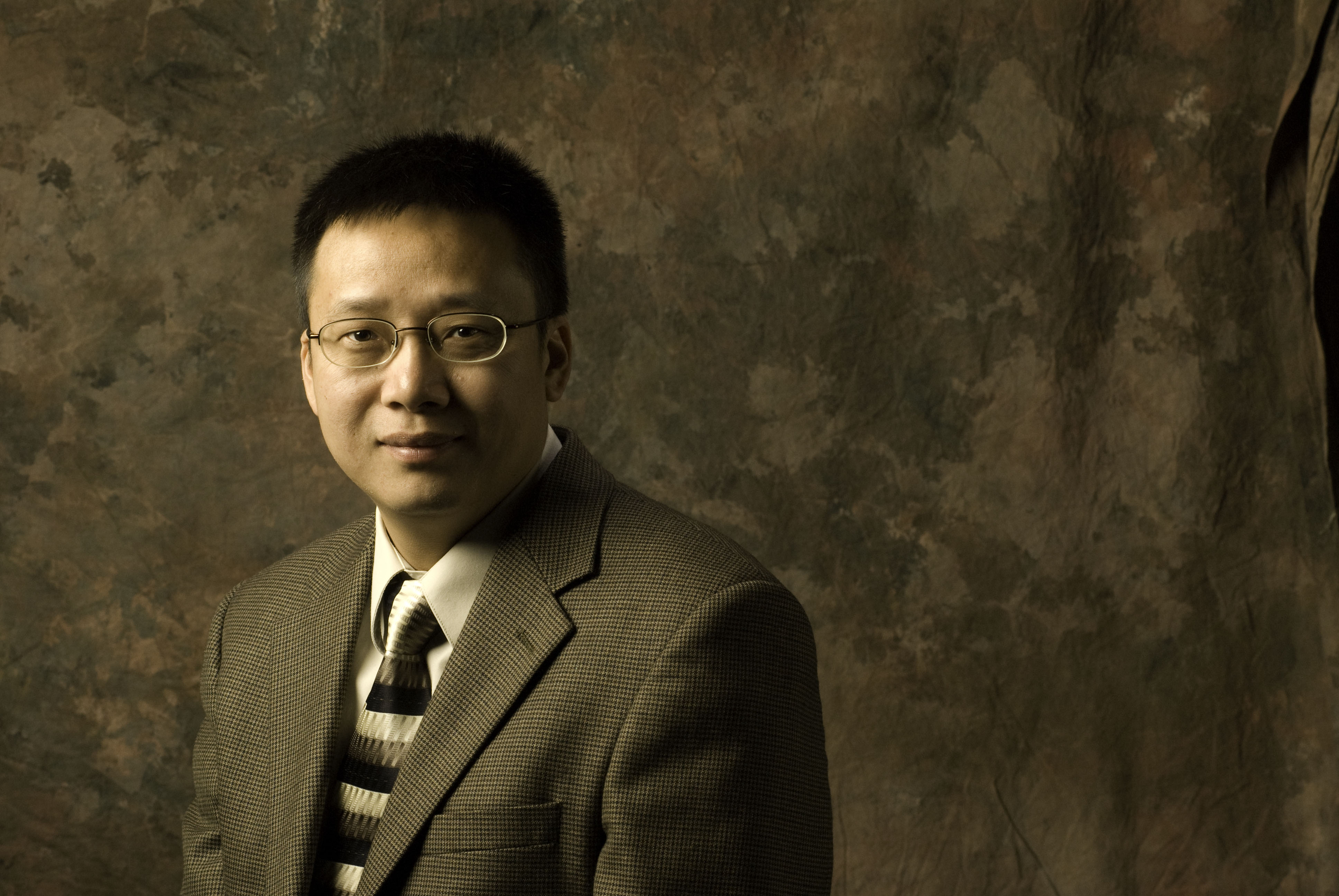
DENTON, Texas (UNT) — University of North Texas Materials Science and Engineering associate professor Jincheng Du is part of a new energy frontier research center, or EFRC, funded by Department of Energy that will work to make nuclear waste disposal safer for a longer period of time.
“It is very exciting,” said Du. “It will be a great opportunity for UNT and our students working on this project. They will work with researchers and peers from other institutions of the center and it will be a great learning experience for them.”
The team of researchers from five universities, two national laboratories and one company will receive at least $8 million from the U.S. Department of Energy over the next four years to establish the Center for Performance and Design of Nuclear Waste Forms and Containers, one of the only four centers funded by Department of Energy for 2016. The team will research the degradation of materials that store nuclear waste, including glass, ceramics and metals. Du and his research assistants will focus on the fundamental mechanisms of glass degradation, especially the long-term corrosion behaviors.
“Glass is very durable, one of the reasons why it is chosen to store nuclear wastes, but we are now looking into the durability over not hundreds or thousands, but hundreds of thousands to millions of years,” said Du. “If nuclear waste is stored underground, at some point far into the future that glass will corrode and it could get into the ground water. We are looking to the fundamental corrosion mechanisms of glass, and the design of glass compositions and their containing environments to make them even more durable for that long-term timeframe in geological storages.”
This project will enable sharing the understanding of the degradation mechanisms of different types of materials in hopes of leading to the design of new materials to solve energy and environmental challenges. The entire research team will gather in Ohio for a kick-off conference early in December. Du said it is an honor to have been part of the team to win the project among very tough national competitions.
“It’s very satisfying to know that my research and expertise is being recognized and this is benefiting UNT and our students.”




